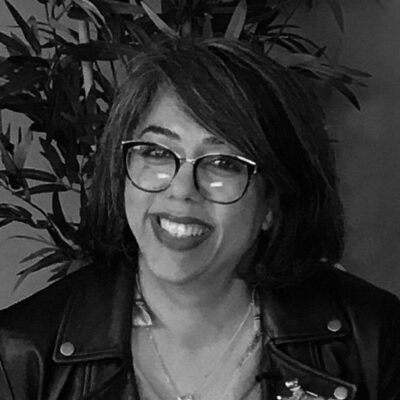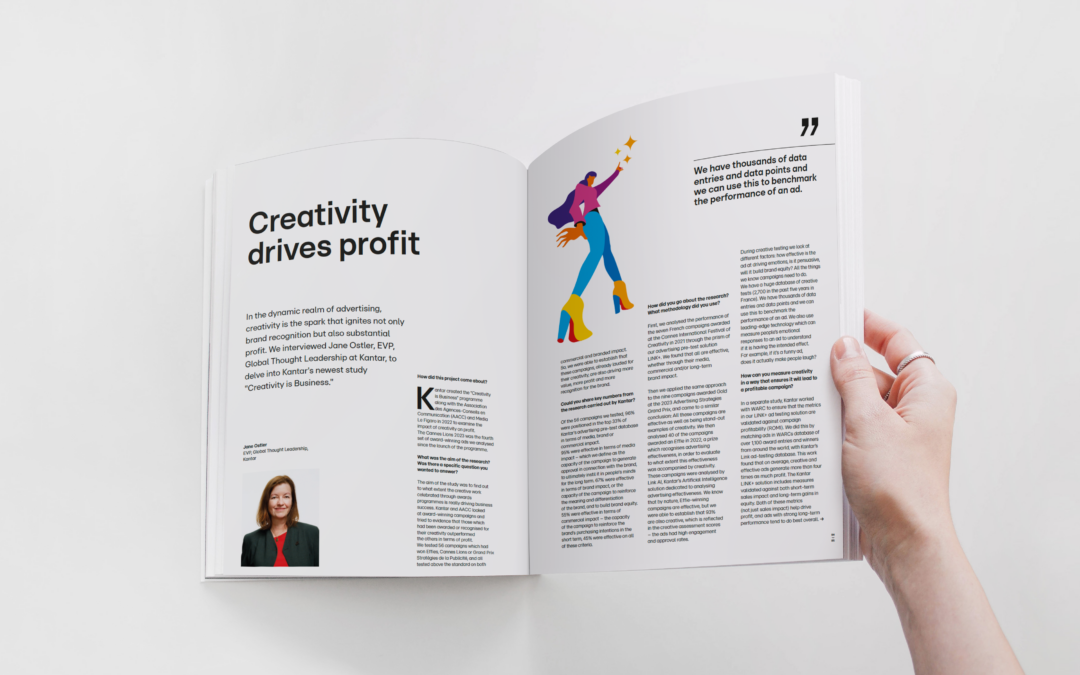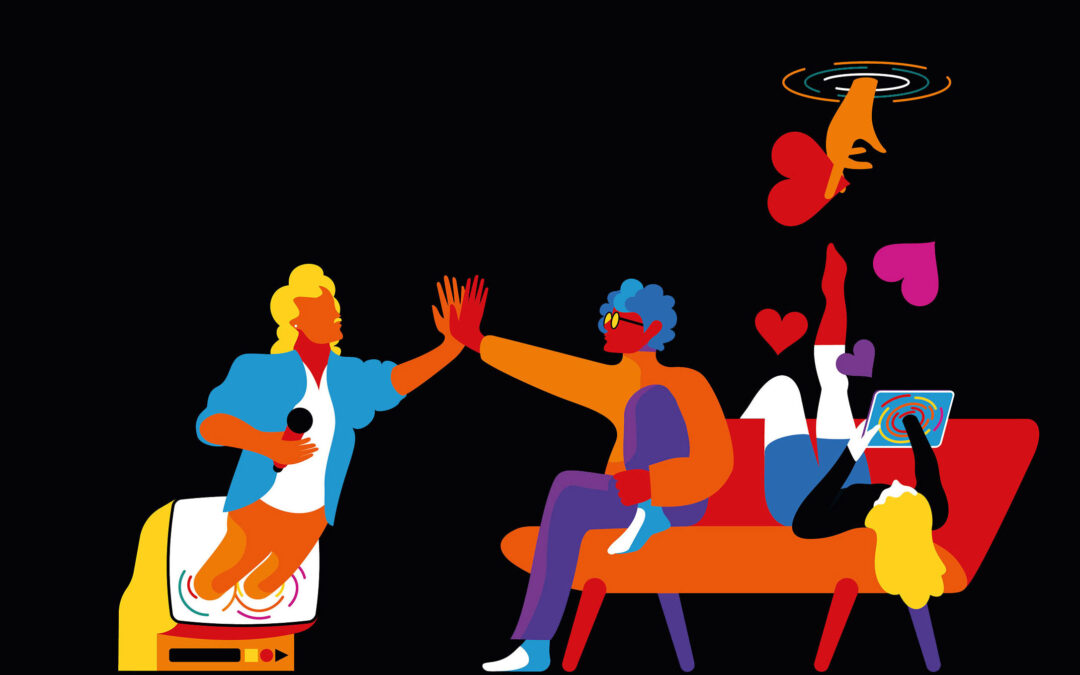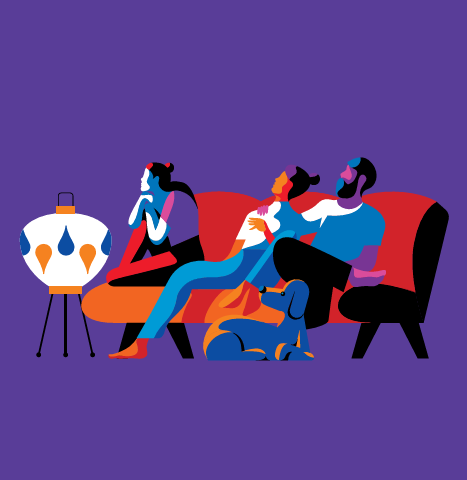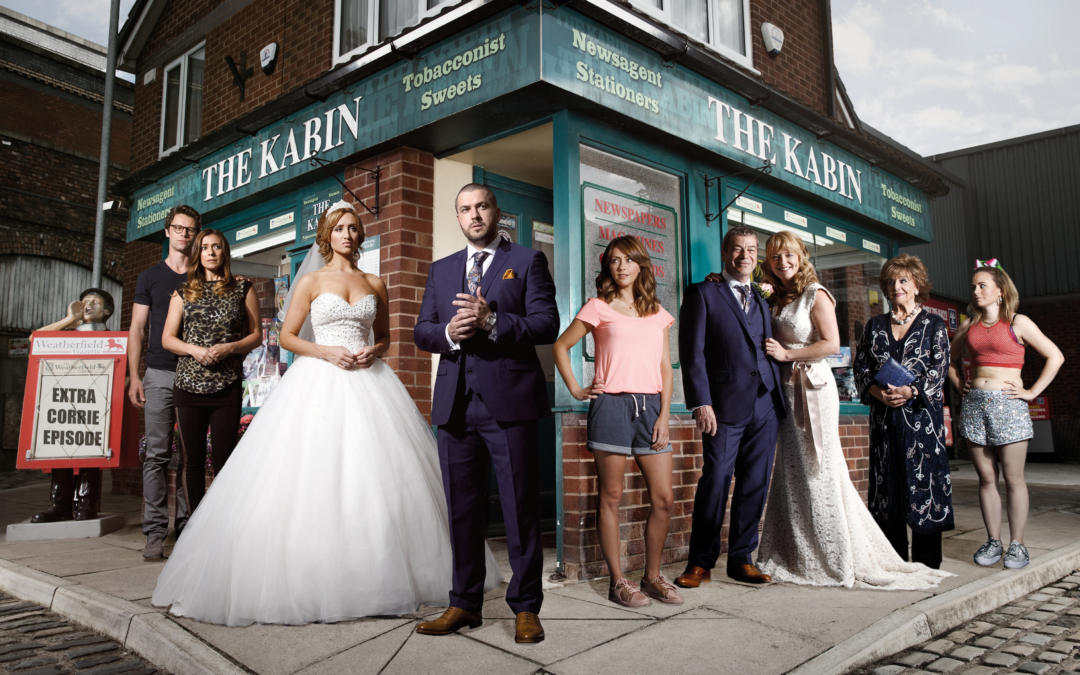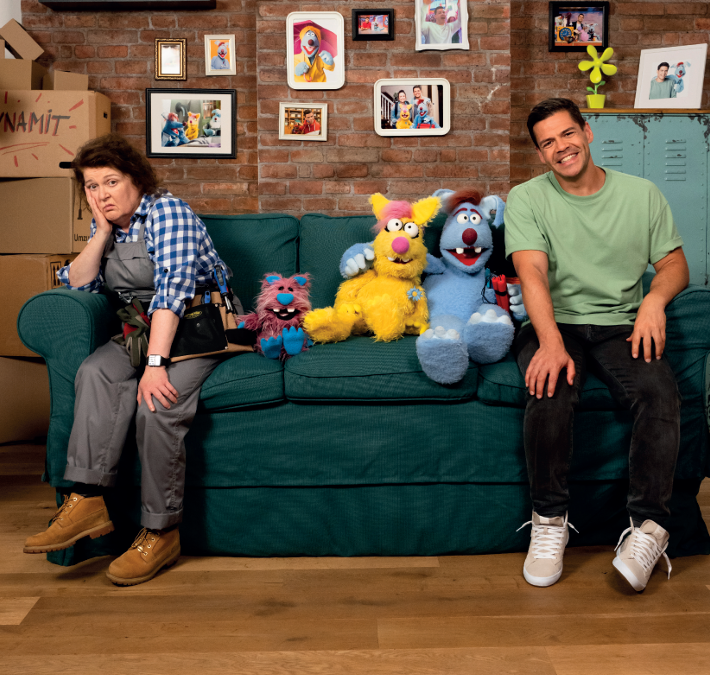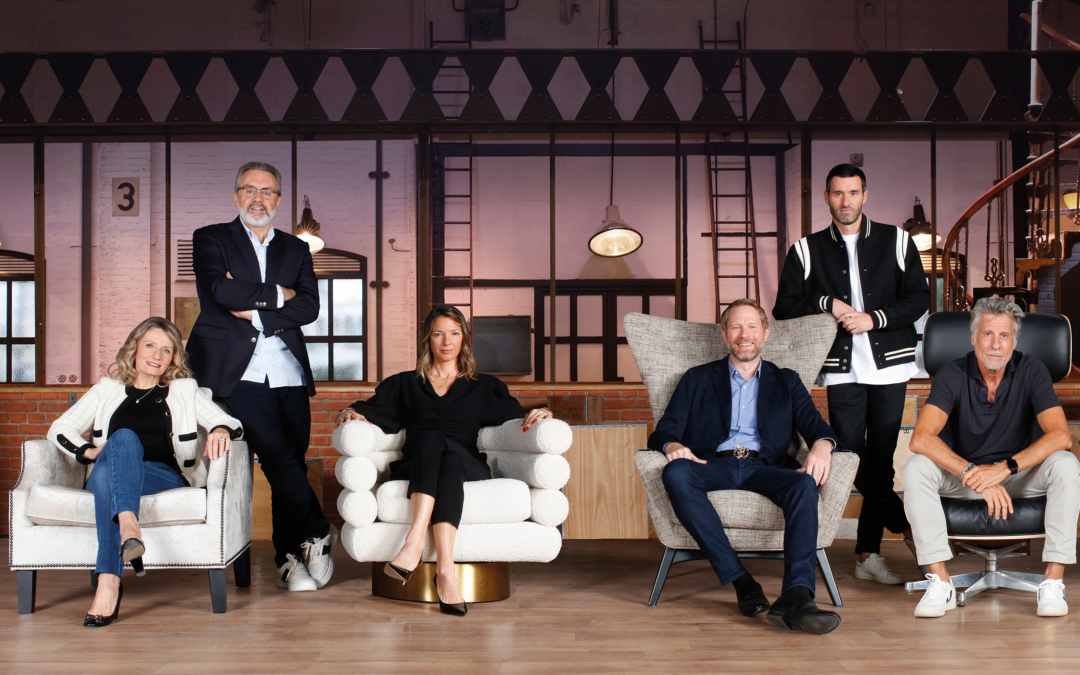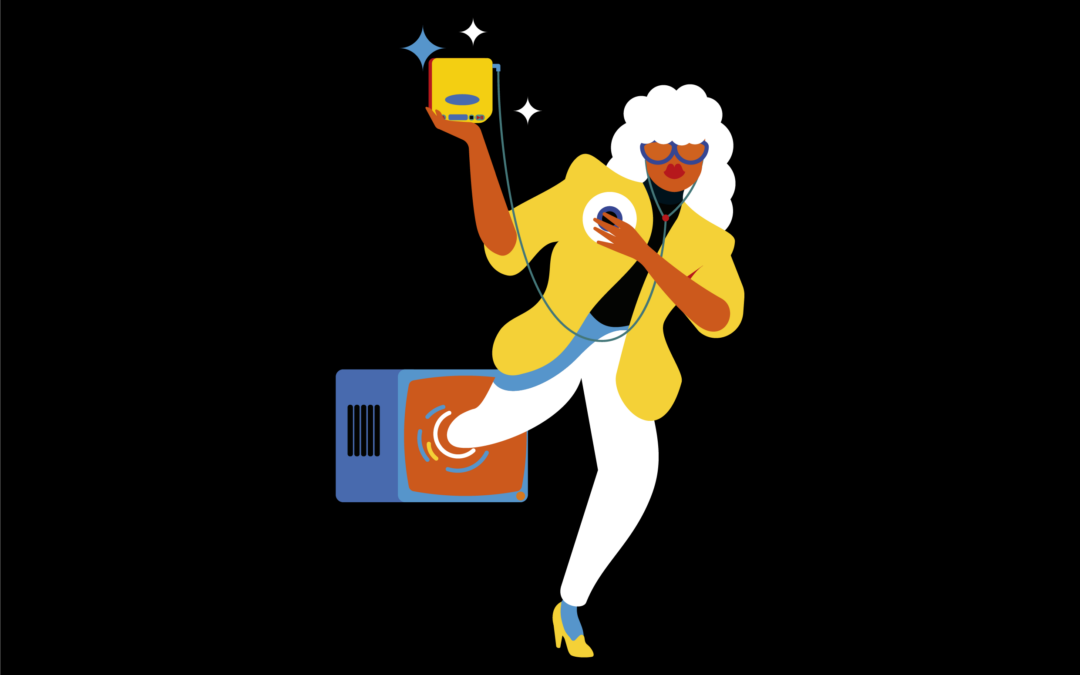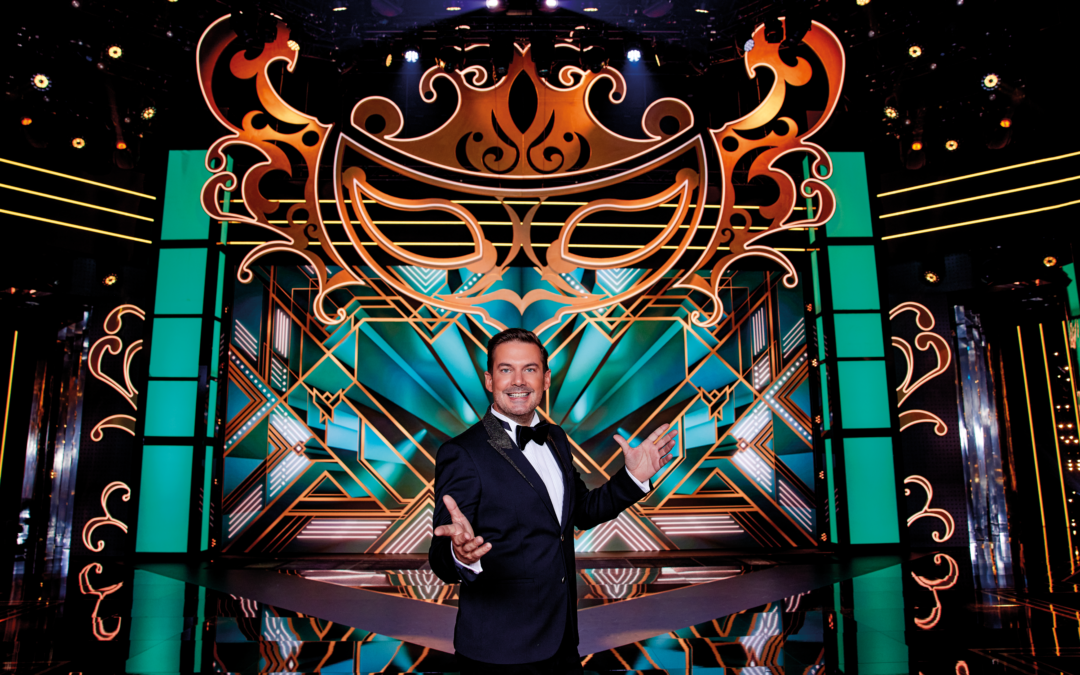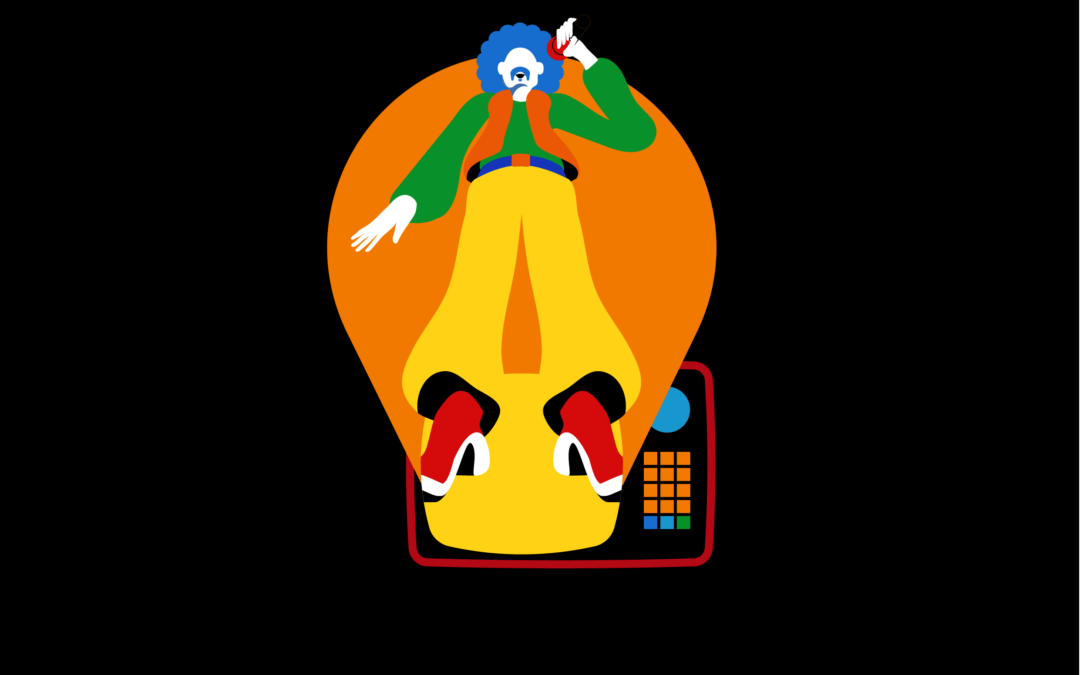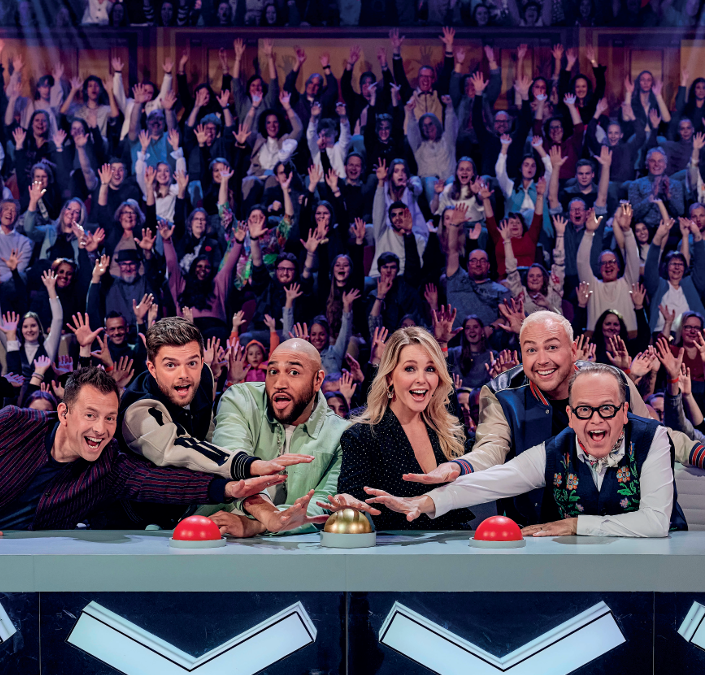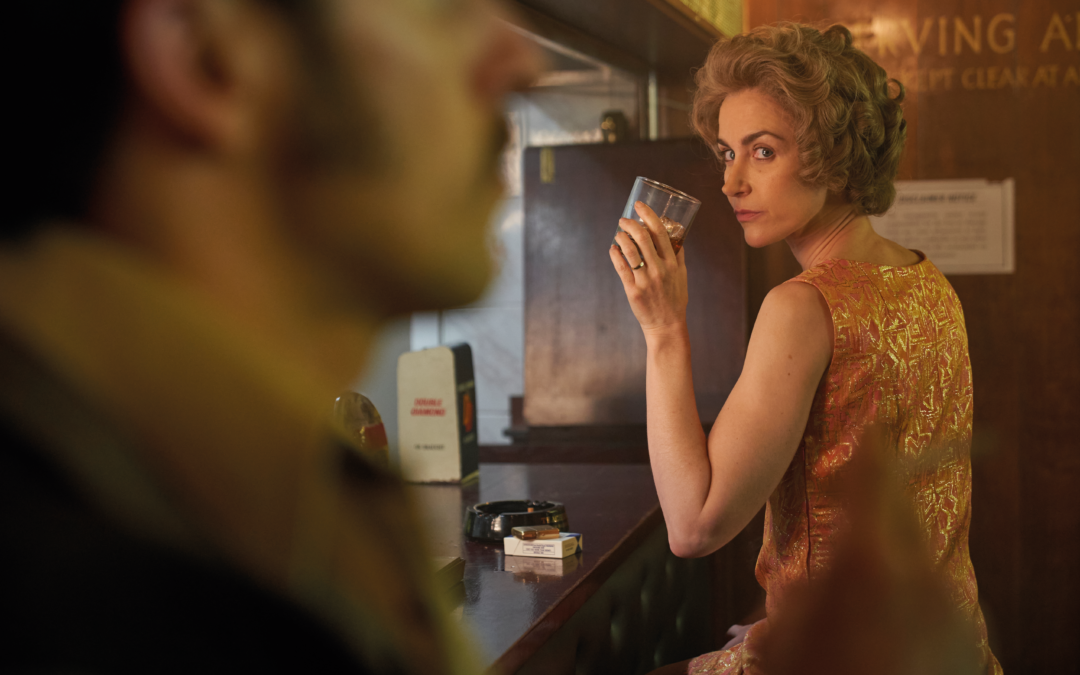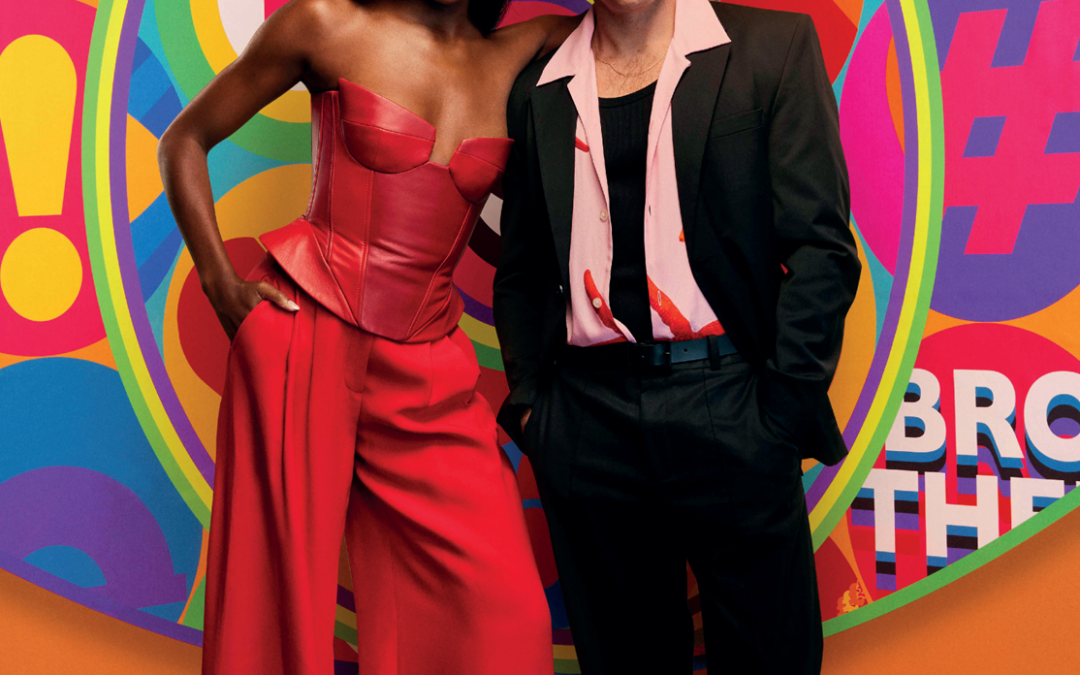Sonoo Singh is a business journalist and editor with almost two decades of experience reporting on media and marketing. She explores the subject of responsibility of media owners.
If the tragic killing of George Floyd in the US, at a time when the pandemic upended our lives, taught us anything, it’s that our world needs changing urgently, not least when it comes to the lack of structural diversity in the media.
Cue a massive scramble across the world as broadcasters and media owners publicly pledged to impact positive change and tackle their own diversity dilemmas.
There’s a reason why my 14-year-old son shuns most traditional media in favour of social channels. It just doesn’t reflect the world he lives in. For him, it’s a world where thousands of young people in Thailand are calling on the army and its allies to get out of politics, where teens post confrontations with their parents about race online.
Not just the right thing to do, it’s also the smart thing, it’s stating the obvious here but by failing to reflect the diversified nature of modern life through the programmes produced, the actors featured and the stories told, media owners will continue to feed social division.
Whether it is gender or race, broadcast industries need to shoulder roles of great responsibility with marginalised communities or risk losing a whole generation of talent and eventually fading into obscurity.
Why we cannot stop talking about climate change
Despite what naysayers might say, climate action cannot be separated from social justice. Just consider the disproportionate impact of the pandemic on minority communities and how starkly this highlights the relationship between racism, exclusion, ethnicity, and health. It’s the marginalised groups who live near industrial sites, highways and waste facilities who bear the brunt of inadequate housing, healthcare and civil rights. So how can we ever forget that the climate crisis is a driver of injustice?
What then is the role of media owners in this conversation?
“Media groups today actively engage against social injustice and climate change. It has become a requirement if they want to continue to play a role and to be listened to. Millennials expect them to act, not just ‘report’,” says Isabelle Musnik, founder and publisher at INfluencia.
What is also true is that in order to raise collective awareness around climate change issues, we’re now facing a huge challenge: what is the right way to approach the connection between the global or the local scale and indeed the individual one when talking about climate crisis and solutions? Where is the space for more nuanced debates for such complex topics? Are media outlets creating that space for making the link between environmental issues and social battles?
In the end it comes down to this: as an industry, are we finally ready to share space and power with those who have, for a very long time, been marginalised and silenced?
creating that space
for making the link between
environmental issues
and social battles?
How media groups are tackling racism and climate change
In the UK, ITV has promised to make senior management more diverse and written a Diversity Acceleration Plan, while ViacomCBS Networks UK has pledged a ‘no diversity, no commission’ content policy for its suppliers. Channel 4’s initiatives include a Black Takeover Day in 2021 and ensuring more Black talent in its biggest shows. The BBC is spending £100m over three years to commission diverse, inclusive content and has implemented a mandatory 20% diverse talent target in all new commissions.
US telecoms giant Comcast has pledged to spend $100m across its media divisions Comcast Cable, NBCUniversal and Sky over the next three years to make a difference in communities impacted by racism.
Netflix has promoted tech industry veteran Bozoma Saint John to the role of Chief Marketing Officer, making her one of the few Black women who is a senior exec in Silicon Valley.
Media giants Apple, Bertelsmann and RTL Group are among the businesses which have pledged to become carbon neutral organisations by 2030.
While a report found that the digital world is responsible 3.8% of greenhouse gas emissions, French broadcaster Groupe M6 is looking for solutions to reduce the energy consumption of its video-on-demand service 6play, which counts over 26 million users.
RTL Nederland is in the process of auditing its carbon footprint across its whole value chain so it can carefully plan to reduce emissions.
Fremantle, RTL Group’s global content production arm, is developing a carbon calculator with Albert, to track emissions caused by productions, for the same reason.
